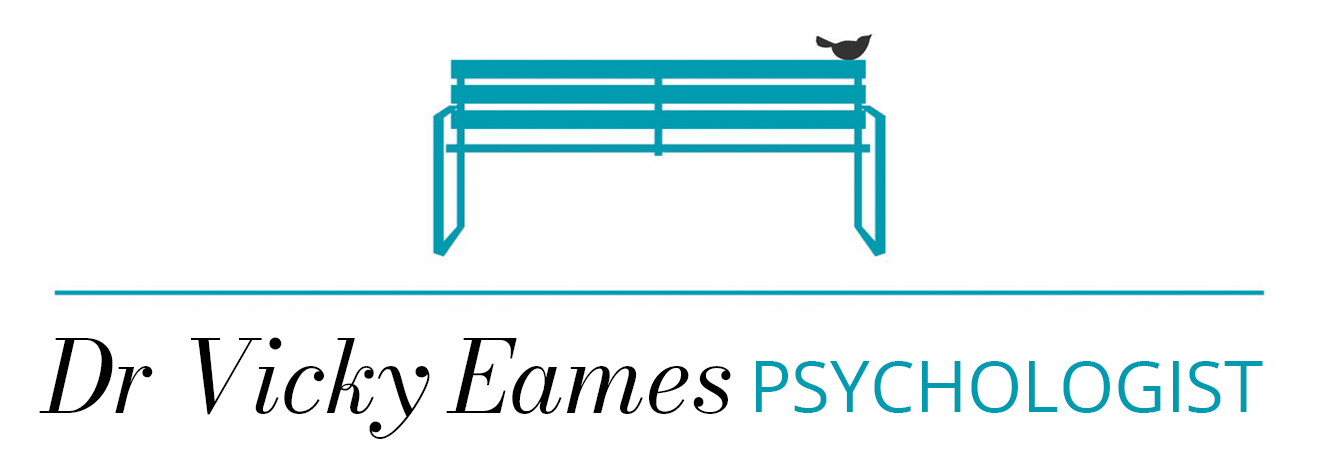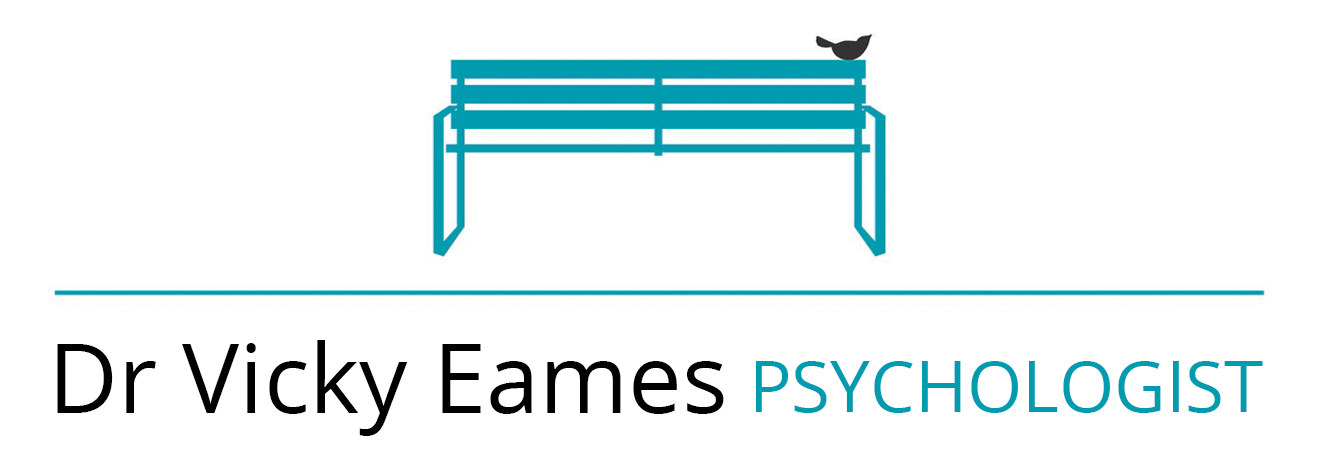Trauma, attachment and loss
Many of us will go through an experience which is threatening, scary, overwhelming, or out of our control. These may be accidents, being a victim of physical or sexual violence, being in a life-threatening situation such as a war or natural disaster, or traumatic experiences as part of illness or childbirth. Survivors of trauma might feel shocked, scared, guilty, ashamed, angry, or vulnerable. With time most people get over their experiences without needing professional help. However, in a significant proportion of people, the effects of trauma can last for much longer. Trauma tends to be harder to recover from if it is repeated, or if it happens in childhood.
Attachment or relational trauma occurs in the context of a relationship and involves something that happened, or did not happen that has caused harm to a child’s developing sense of self. This form of trauma can be subtle and may not have been acknowledged or recognised. For example, a caregiver might persistently, insufficiently, attend to a child’s emotional needs, perhaps because their own needs were not attended to in their own childhood so they may lack awareness or skills. The caregiver might persistently provide inconsistent attunement; sometimes noticing what the child is feeling, other times not noticing, perhaps due to being frequently overwhelmed or distracted by their own experience. Relational trauma can arise from emotional, physical or sexual abuse committed by someone the child had trusted. It can also extend beyond caregiver relationships. For example, a child may have overheard repeated arguments between her parents and felt somehow responsible or witnessed a sibling being hit. The child may have been bullied by a sibling, left out of a friendship group or shamed by a teacher. Such experiences can be internalised and the emotions that were experienced in the past can be triggered by interactions which remind them of that event later in life.
My approach to working with trauma involves firstly identifying and naming negative internalised stories or beliefs about ourselves and others that were established when the trauma happened or were part of the context of the trauma. Some co-detective work is usually required to connect these stories across time to the formative historical experiences underlying them. Throughout this process I appreciate that you are the expert in relation to your own life and believe you have the knowledge, skills and resources needed to respond and heal. My aim is to help you to connect with the preferred beliefs, intentions and values that have developed through all the good experiences you have had but that may have been overshadowed by the traumatic story.
“The aim is a journey of discovery that can include re-connecting with important people, values, hopes and dreams, enabling you to move forward in your life with renewed vitality and richness of experience.”





